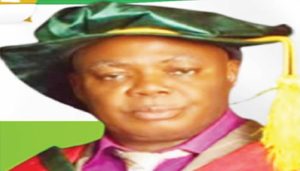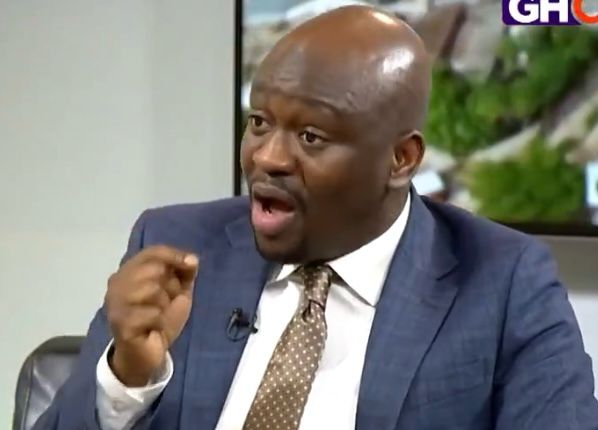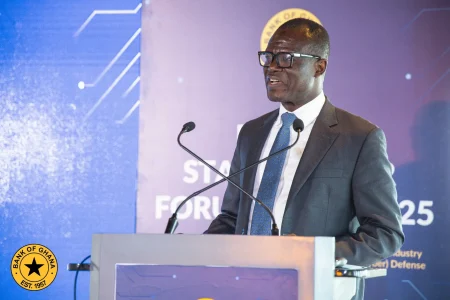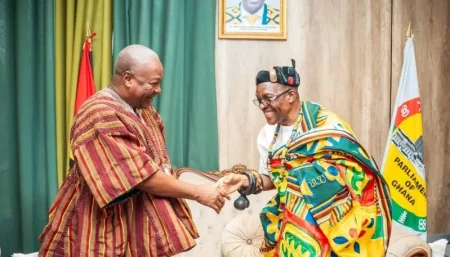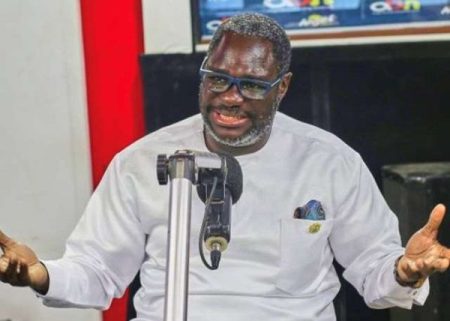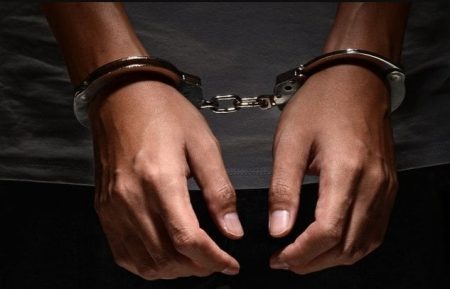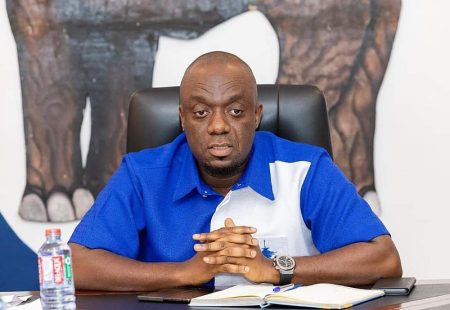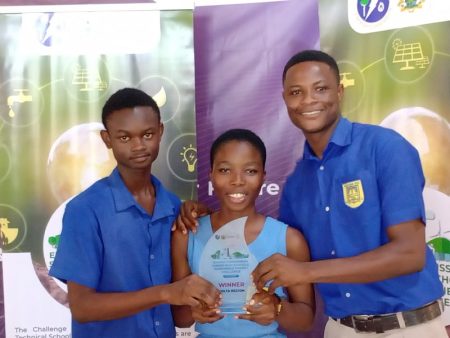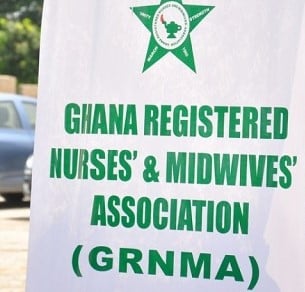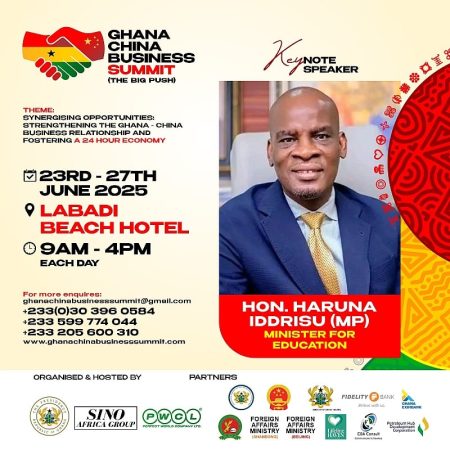The political landscape in Ghana is heating up as the ruling National Democratic Congress (NDC) and the opposition New Patriotic Party (NPP) prepare for the 2028 general elections. A key development within the NPP is the scheduling of their presidential primaries for January 31, 2026, a decision that has sparked controversy and accusations of internal power plays. Hamza Suhuyini, a member of the NDC’s communications team, has accused Dr. Mahamudu Bawumia, the NPP’s former Vice President and 2024 presidential candidate, of orchestrating the early primaries to consolidate his control over the party. Suhuyini alleges that Bawumia’s motivation is not genuine party reform, but rather a strategic maneuver to solidify his position and that of his allies. This accusation throws a spotlight on the internal dynamics of the NPP and raises questions about the transparency and fairness of the upcoming primaries.
Suhuyini’s claim centers around the idea that Bawumia is using the early primaries to preempt any potential challenges to his leadership. By securing the nomination well in advance of the general elections, Bawumia can allegedly focus on consolidating his support and neutralizing any opposition within the party. This strategy, according to Suhuyini, is driven by a desire for power and control, rather than a genuine commitment to reforming and strengthening the NPP. The accusation paints a picture of internal political maneuvering, where individual ambition potentially overshadows the collective good of the party. This raises concerns about the democratic processes within the NPP and the potential for factionalism to undermine its unity.
Adding further weight to his accusation, Suhuyini cautions Bawumia against repeating past mistakes, alluding to previous internal processes that were allegedly skewed in Bawumia’s favor. He warns that such actions could damage Bawumia’s credibility and undermine any reform agenda he might pursue. This cautionary note suggests a pattern of behavior within the NPP, where internal elections are potentially manipulated to favor certain candidates. Such allegations, if true, raise serious questions about the integrity of the party’s internal democratic processes and the fairness of the playing field for potential contenders.
Despite his accusations of manipulation, Suhuyini paradoxically acknowledges Bawumia’s strength within the NPP. He admits that he would be surprised if anyone other than Bawumia emerges as the party’s flagbearer for the 2028 elections. This seemingly contradictory stance highlights Bawumia’s dominant position within the party, suggesting that despite potential concerns about internal processes, he remains the most likely candidate to lead the NPP into the next general elections. This dominance, according to Suhuyini, stems from Bawumia’s previous experience as the party’s presidential candidate in the 2024 elections, positioning him as the most viable and experienced contender.
The implications of these developments extend beyond the internal politics of the NPP. The accusations of manipulation and the perceived dominance of a single candidate could potentially impact public trust in the party and its commitment to democratic principles. If the primaries are perceived as rigged or predetermined, it could alienate potential voters and damage the NPP’s image. Furthermore, such internal struggles could distract the party from focusing on broader national issues and developing policies that address the concerns of the electorate.
In conclusion, the early scheduling of the NPP’s presidential primaries has created a stir in Ghanaian politics. The accusations leveled by Hamza Suhuyini against Dr. Mahamudu Bawumia raise serious questions about the internal dynamics of the NPP and the potential for power plays to overshadow genuine party reform. While acknowledging Bawumia’s likely victory, Suhuyini’s concerns about manipulation and control highlight the challenges facing the NPP as it navigates its internal processes and prepares for the 2028 general elections. The unfolding events within the NPP will undoubtedly be closely watched by both its supporters and its opponents, as they could significantly impact the political landscape of Ghana in the coming years.


